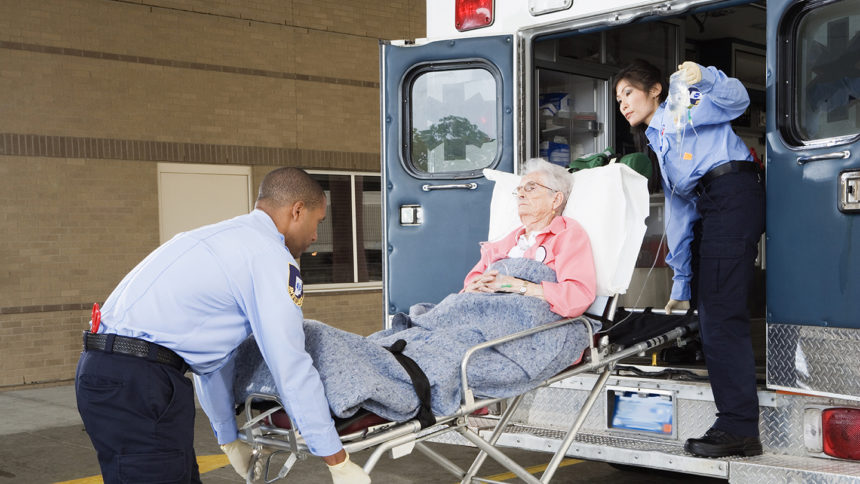
A California Superior Court judge ruled that a state nursing home illegally evicted a resident by refusing to re-admit a woman who had been transferred to a hospital for a psychological evaluation following an altercation with staff.
Cathedral Pioneer Church Homes II, known as Pioneer House, and its parent company, Retirement Housing Foundation, and others cannot refuse to take back a resident who has been released by a hospital, wrote Judge James E. McFetridge. Failure to re-admit the resident “constitutes an involuntary transfer under state and federal law,” he added in his order.
The lawsuit was filed in 2017 by the family of Gloria Single, a dementia patient at Cathedral Pioneer Church Homes II, which is a Pioneer House skilled nursing facility in Sacramento, CA. She was taken to a hospital after reportedly throwing utensils at other residents in a dining room and fighting with staff. Single, who lived at the Pioneer facility with her husband, was released hours later, but the nursing home refused to allow her to return.
Single spent four months in the hospital without adequate stimulation before her son found another nursing facility, but by then, she had lost the ability to walk and experienced deteriorated verbal and cognitive skills. She died in 2019. Her husband, Bill, remained at the Pioneer facility and has since passed away.
“This court order reinforces that residents of nursing facilities have the right to return to where they live following a hospital stay,” said William Alvarado Rivera, senior vice president of Litigation at the AARP Foundation, which sued the nursing home and other organizations on Single’s behalf.
Order should provide industry guidance in CA
Preventing a resident from returning to a nursing home after a hospital stay is often referred to as “resident dumping,” a process in which the facility does not complete the required discharge paperwork.
By law, nursing homes are required to provide 30 days’ notice and the opportunity for the resident or an appointed representative to participate in a hearing prior to discharge. Facilities must maintain the resident’s bed if he or she is transferred to a hospital.
Single’s son, Aubrey Jones, prevailed against Pioneer Church in an administrative hearing with the California Department of Health Care Services, which ordered the facility to take Single back. However, the parent group – Retirement Housing Foundation – refused the order, and Single’s son was told the department had no enforcement capability.
In court documents, Pioneer House described Single as “aggressive with staff” and sent her to the hospital for a psychological evaluation. Although the hospital found no reason for Single to remain, Pioneer House said they were unable to care for her any longer.
The judge’s order, issued last week, directly refutes that, though, stating that once a resident is cleared by a hospital to return to the nursing home, “the facility may not refuse to accept the resident on the grounds that the facility cannot properly care for the resident.”
In an emailed statement to McKnight’s Long-Term Care News on Monday, a spokesman for RHF said that the foundation and its affiliates “are pleased … that they have settled their differences” with the the California Long Term Care Ombudsman Association and Single, through her son.
“Consistent with RHF s commitment to industry leading care, the parties have agreed that when a skilled nursing resident leaves a facility, willingly or not, a discharge notice will be issued to inform the resident of their rights, and the parties have incorporated that process into a public order by the Superior Court of Sacramento,” said RHF Vice President of Communications Chris Ragon. “The parties hope that this order will provide guidance to the entire industry and encourage consistency in the way such important and sensitive matters are handled throughout California.”





